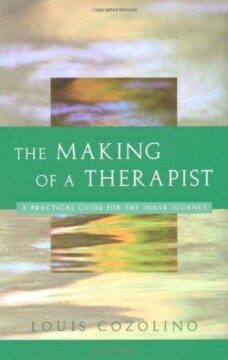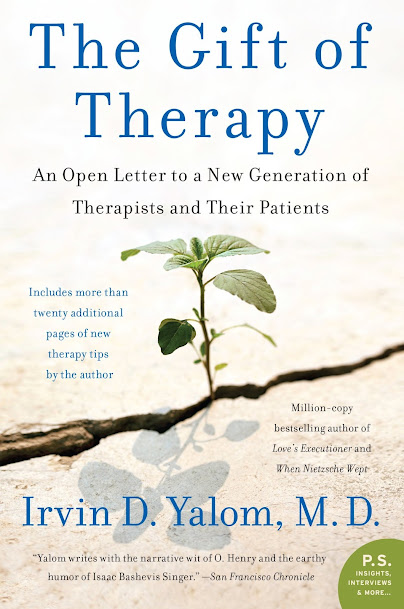About 45 years ago, psychiatrist Irvin Yalom estimated that a good 30-50% of all cases of depression might actually be a crisis of meaninglessness, an existential sickness, and these cases require a different method of treatment. We experience this lack of purpose as boredom, apathy, or emptiness. We are "not told by instinct what one must do, or any longer by tradition what one should do. Nor does one know what one wants to do," so we feel lost and directionless. Instead of addressing meaninglessness as the problem, though, we've been merely addressing the symptoms of it: addictions, compulsions, obsessions, malaise. In today's context, it might suggest that even social media issues could be problems with a lack of meaning.
The last sentences of his lengthy tome, Existential Psychotherapy, sum up his solution: "The question of meaning in life is, as the Buddha taught, not edifying. One must immerse oneself in the river of life and let the question drift away." How he lands here is an intriguing path through a slew of philosophers and psychiatrists. Even without symptoms of a problem, attention to meaning is necessary as it gives birth to values, which become principles to live by as we place behaviours into our own hierarchy of acceptability.
"One creates oneself by a series of ongoing decisions. But one cannot make each and every decision de novo throughout one's life; certain superordinate decisions must be made that provide an organizing principle for subsequent decisions."
Yalom doesn't, however, suggest coming up with a list of values that can become meaningful to us, but that we immerse ourselves in life to become more aware of which values we already have.
WHAT'S THE POINT? IT'S FOR US TO DECIDE
According to Yalom, we've hit this crisis point in meaninglessness because we have the leisure to think and because our work is no longer clearly purposeful, both of which are relatively recent experiences for such a large proportion of civilization. It's no longer just the philosophers of the day asking, What's it all for? What's the point of it all? He takes the existential position that it's up to us to figure it out.








